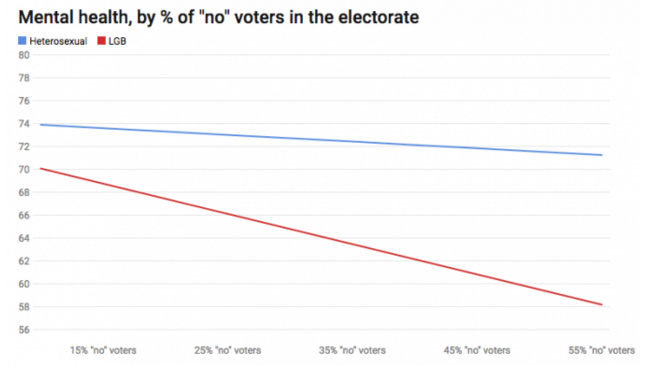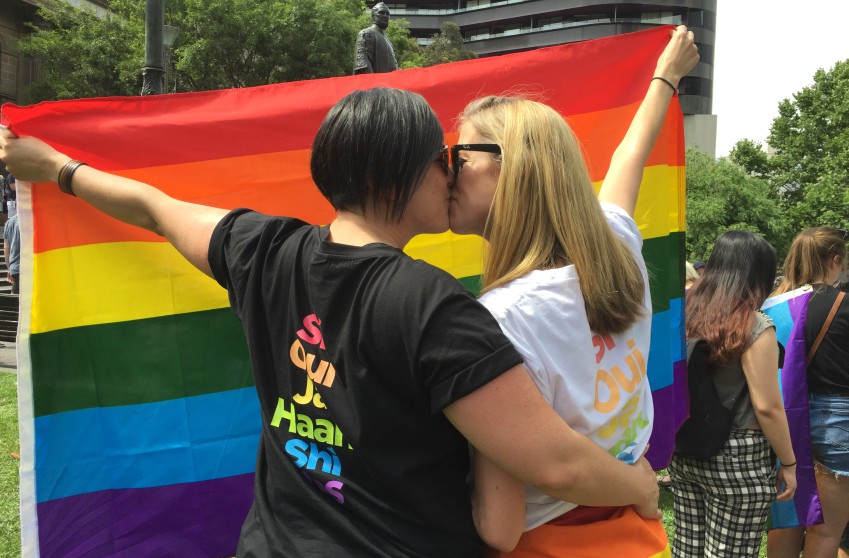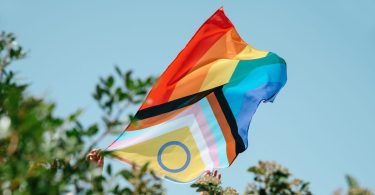Australians celebrated the legalization of same-sex marriage last December (Photo; Shannon Power)
Research conducted in Australia using data from the same-sex marriage postal vote has presented a direct link between discrimination and poor health rates amongst lesbian, gay and bisexual people.
Whilst the results of the study may seem obvious to LGB people who have experienced stigma and discrimination, very few studies have been conducted into the causes of poor health amongst LGB people, especially outside of the US.
The results of last year’s same-sex marriage postal vote have allowed for what appears to be the very first study of its kind in Australia.
High levels of anti-LGB stigma in towns and cities across Australia were determined via high levels of ‘No’ votes in the postal vote (‘No’ indicated opposition to same-sex marriage). The researchers found that quality of life for LGB people was lower in areas where there was an increased number of ‘No’ votes, as they received far less social support.

Graph accompanying Perales and Todd’s research, indicating decline in mental health of LGB people proportionate to ‘No’ votes (Image: supplied).
The study, conducted by Francesco Perales and Abram Todd of the University of Queensland, compared data from the postal survey with data from the Household, Income and Labour Dynamics in Australia (HILDA) survey. The HILDA survey gathered 15,986 respondents, of whom 554 identified as lesbian, gay or bisexual. There was, however, no inclusion of data regarding trans or intersex people.
The HILDA survey afforded the researchers access to data regarding the mental and physical health of both LGB and heterosexual populations across Australia.
Perales and Todd presented their findings in their report entitled Structural stigma and the health and wellbeing of Australian LGB populations: Exploiting geographic variation in the results of the 2017 same-sex marriage plebiscite.
‘Even within a relatively progressive country such as Australia, the lack of acceptance of LGB people and the dearth of social support that they receive are to a large extent responsible for their overall poor health and wellbeing,’ Perales said.
The report concludes by highlighting the necessity of legislation in favour of LGB people, such as marriage equality, with regards to the positive impact social support has on health and wellbeing.







